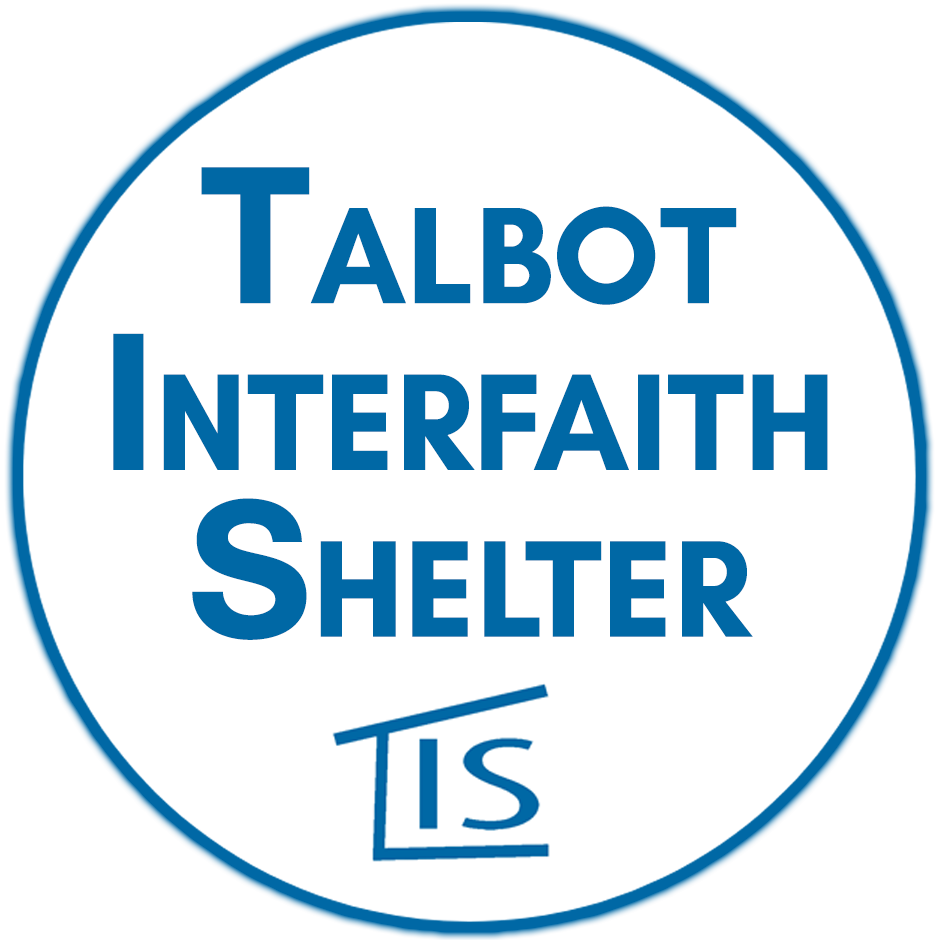Families with children are the fastest growing segment of the homeless population in the United States, and are more prevalent in rural areas such as ours. As one can imagine, poverty and homelessness can have serious negative effects on a child.
Homelessness can affect a child’s education, as well as their physical and mental health. According to Family Promise (familypromise.org), children experiencing homelessness are:
- Three times more likely to be placed in special education programs.
- Eight to nine times more likely to repeat grades.
- Have a 42% likelihood of dropping out of school at least once.
- Have a 47% likelihood of suffering from anxiety, depression, or withdrawal.
- Seven times more likely to attempt suicide.
Children who are homeless are at risk of malnutrition and lack of access to health and dental care, which can lead to long-term physical health issues and developmental delays. Lack of structure and stability and the consequential anxiety and the shame associated with their situation can trigger behavioral issues and mental health difficulties.
At Talbot Interfaith Shelter, our main focus is families with children. Our S4 Program (Shelter, Stability, Support, Success) removes the challenges that lead to these negative outcomes by providing a safe, stable, and structured environment. We help parents sign their families up for health and dental care and ensure that they have nutritious food every day. We see improvement in children’s’ behavior, health, and schoolwork.
We provide education for their parents in health, parenting, nutritional cooking, and more, so that they can pass along their knowledge and habits to their children and break the cycle of poverty and homelessness.
To learn more about our S4 Program, and how we serve local children in need, visit our About Us page HERE.
